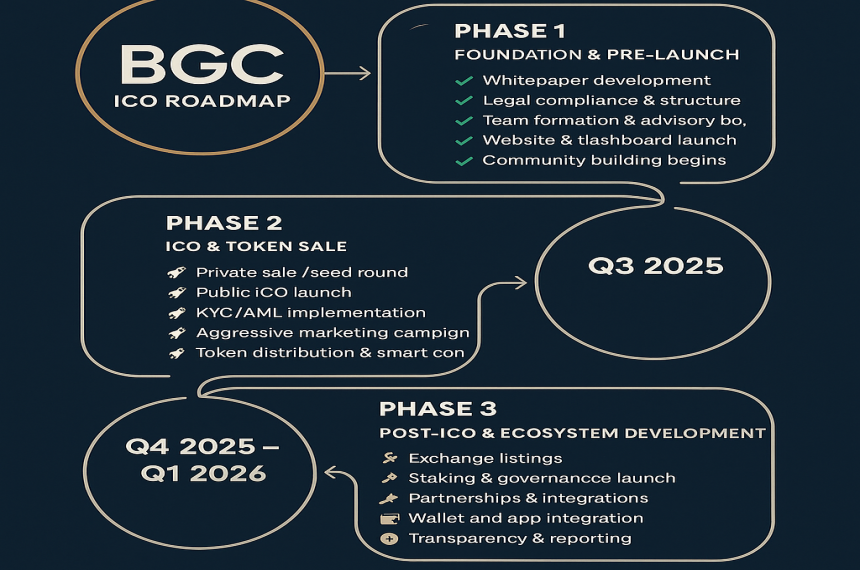
05
May
If SEO is dead, then explain Google search’s success
If SEO is dead, then explain Google search’s successGoogle Search is doing just fine for an industry that’s supposedly dying. The numbers don’t lie. Google still dominates search, controls ad revenue, and continues to innovate with AI search features that make finding information faster than ever. But, of course, the fearmongers don’t talk about that. Let’s break it down.Google owns the search marketYes, AI search tools are growing fast, but influencers conveniently ignore the bigger picture. Google still controls over 90% of the global search market, and while it’s mostly navigational, it doesn’t make it irrelevant. It’s where users start their search journey, and that dominance isn’t crumbling anytime soon.Want more numbers? I’ve got you:Google processed over 5 trillion searches in 2024, while ChatGPT handled 45 billion. That’s a 110,111% difference.Google Search Grew 20% in 2024 and received 373x more searches than ChatGPT.According to Moz’s Senior Search Scientist, Tom Capper, ChatGPT’s traffic in the US and UK is still 2.5x lower than Bing—and Bing has barely made a dent in Google’s dominance. Look in your GA4 analytics right now and check how much traffic and conversions you get from organic search compared to GEO. When you compare the numbers, there’s an ocean-sized gap, which means that while clicks are going down, organic search is still the primary traffic source for most websites.If that’s what dying looks like, I’d love to see how y’all define success.Google’s ad revenue: In the great words of MC Hammer, “Can’t touch this”Google isn’t worried about AI search stealing traffic because most AI queries are informational, and Google makes money on commercial intent. If you’re looking for product reviews, shopping experiences, flight deals, or local services, you still go to Google for recommendations.In 2024, Google’s revenue was $348.16 billion, and advertising contributed 77.8%.Meanwhile, LLMs like ChatGPT and Claude haven’t figured out monetization and are burning cash fast.According to Tom Capper, Amazon is the only real competitor for commercial searches but they are nowhere near Google’s numbers with $56.21 billion in ad revenue.Until LLMs figure out monetization, they can’t go toe-to-toe with Google.New AI features are making search betterA few years ago, I had to read three to five articles to get a comprehensive answer from Google search results. If I had a complex query, forget it. Today, Google handles math problems in search results, provides AI-generated answers to complex questions, and even allows follow-up queries with AI mode, making search more conversational.Despite the growing popularity of AI search, most people still rely on Google as their primary source of information. I’ve long said that Google’s ultimate goal is to create a search experience where users don’t need to click through, and these AI search features reinforce this.Everything Google does is geared towards keeping users on SERPs. So, instead of pulling users away, AI search features improve Google’s ability to deliver high-quality results faster. It’s great for users, and if we’re being honest, SEOs are the only ones mad about AI search because it’s cutting into clicks.So, Chima, are you saying we should ignore GEO and prioritize SEO?No, I’m saying, why choose when you can have both? SEO and GEO aren’t competing strategies; instead, they work together. You just need an integrated approach to win across both platforms.When you think about it, most tactics for optimizing generative search are geared toward increasing brand visibility.This is an oversimplification, but here’s what works:Brand mentions across the webPositive brand sentimentBrand association with key topicsBrand mentions in strategic places (training datasets and LLM-favored sites)Do you see the problem?SEO is not enough to achieve this goal, and therein lies the biggest gap between SEO and GEO. For too long, SEO has sat in a silo when it should be part of an integrated brand strategy that increases visibility on all platforms where your audience spends time.A holistic strategy should include:SEO for discoverabilityDigital PR for credibilityInfluencer marketing for trustAffiliate marketing for demandSocial media to stay top of mindEverything working in unison to support one goal: Brand.Measure your Brand Authority with trusted metrics from MozCalculate my Brand Authority

